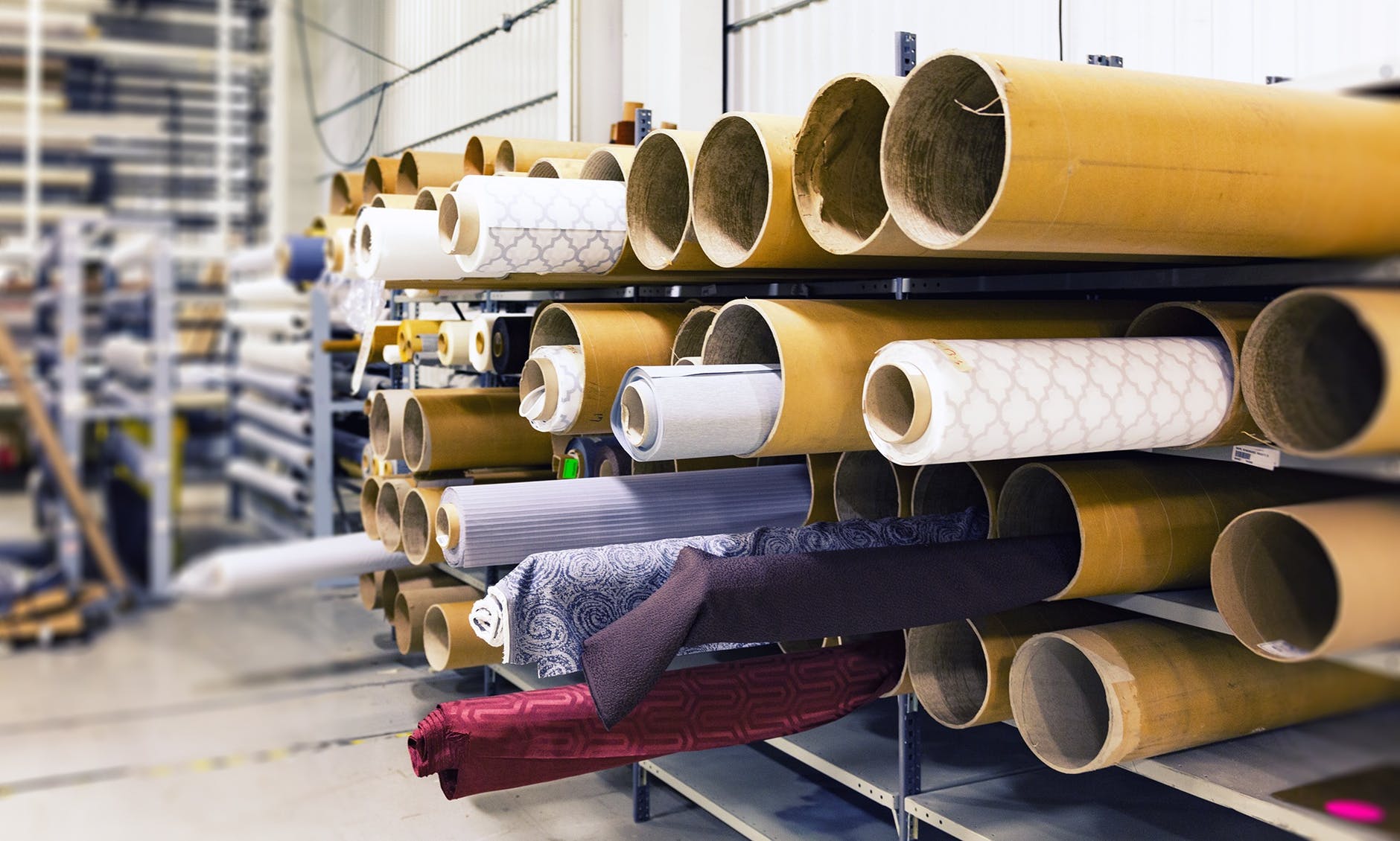-
Your trusted market research partner
- info@theindiawatch.com
- 8076704267

Preliminary study to start a Textile Manufacturing Company in India
The Indian textile industry constitutes ~ 2.3% of the national GDP and plays a pivotal role in the economy. Besides a large domestic market, India is also one of the largest exporters of fabrics like cotton and jute and the second-highest exporter of handwoven fabrics. The textile industry contributes 12 percent to the country's total export and has great potential for both manufacturers and retailers who are eying to enter the textile business. India has a large supply of raw materials (cotton, silk, etc.) alongside affordable labor costs which further make the industry a lucrative proposition for new players.
Meanwhile, new investors and businesses which would like to start their operations should conduct a preliminary study to know more about the industry, access underlying opportunities, and learn about the registration process. To further help such investors and businesses, we have prepared the blueprint for a preliminary analysis.
Identify the fabric(s) and product(s): Textile is a vast business. There are various categories of textile fibers such as natural (wool, cotton, linen, silk, etc) and MMF (Man-made fibers such as polyesters, rayon, nylon, etc. Similarly, there are numerous categories of finished products such as clothing & apparel, carpets, furnishing, table cloths, etc. In the initial step, one has to identify the right category of product(s). The chosen products will primarily depend on internal capabilities (access to raw materials, machinery, manpower, etc) as well as the market demand.
Research the Market - Starting any manufacturing business has its own set of challenges, so it is always advisable to do prior research to understand the market, evaluate the demand, and learn more about the pricing trends. Market research can be done by businesses themselves with the help of interviewing industry players, studying earlier published reports & industry journals, and monitoring social media and other digital media trends. Alternatively, they can hire professional market research agencies.
A professional market research agency can help businesses with the required insights, analyses, and data points. Through surveys, professional F2F interviews, and focus group interviews, market research agencies can also help their clients to understand their end-consumers better.
Identify Location - Finding an ideal location for the setting up of a textile manufacturing unit is critical for the growth and success of the business. The manufacturing unit should be established in a location with easier access to raw materials along with an abundant supply of water and electricity. This will reduce the raw material transportation costs and also ensure convenience to the manufacturing unit. While identifying the appropriate location, it is also advisable to figure out the real estate price.
Estimates of Capital - Starting a textile manufacturing business requires a decent amount of investment. Businesses have to consider equipment costs (weaving machines/ knitting machines/ cloth cutting machines, etc), fixed-asset costs, pre-operating costs (registration costs, manpower hiring & training costs, etc.) Businesses should also evaluate operating costs, raw material costs, warehousing expenses, etc.

Knowledge about Mandatory Licenses – There are a few mandatory licenses required for the textile business. (Meanwhile, the business should also decide about how to register the company in India- Sole proprietorship/Partnership/ LLP/ Pvt ltd- to learn more about the registration process, pls follow the link.)
- Trade license
- PAN and GSTIN
- Trademark Registration
- Pollution & Factory License
- Shop Establishment License
Procurement of Raw Materials – As a critical step in the preliminary study, businesses should enlist suppliers of raw materials (fabrics, dyes, textile chemicals, etc.) and check their prices. Having a prior list of raw material providers would not just ensure constant supply but will also help businesses select the most affordable ones, thereby optimizing their cost.
Estimate a Profitable Price of Textile for Selling to Potential Buyers – Evaluating the pricing of the finished products is an important step in the preliminary analysis. Businesses need to consider the cost of raw materials, machinery cost, labour cost, electricity cost, cost of the place, along with other costs to find the cost of the finished products. This will give them an idea of the overall operating cost and accordingly they can determine a profitable price to sell their textile to potential buyers.
Advertisement and Marketing - For the newly set up textile business to capture market share quickly, it is essential to develop and execute effective marketing, advertising, and communication plan. Hence businesses should create an effective, comprehensive, and time-specific marketing plan. The marketing strategy should include a healthy mix of conventional approaches (trade shows, exhibitions, conferences, etc.) as well digital media (social media, blogging, influencer marketing, newsletters, etc.)
How The India Watch Can Help
The India Watch can use cutting-edge market research tools and business research techniques to offer valuable research & data on the Indian fabric/ fashion/ clothing industries.
- Conduct primary research (surveys/ F2F/ Focus groups) to evaluate consumer clothing & fashion behavior
- Conduct market and economic feasibilities, cash flow projection, project cost analysis, business plan, etc. for upcoming business ventures.
- If you are an international investor looking to enter the Indian clothing/ fabric/ fashion industry, we can conduct a detailed India Market Entry report comprising trend analysis, customer assessment, supply chain research, competition insights, etc.
- Conduct secondary research analysis referring to various trade publications, industry reports, journals, etc.
- For any further queries drop us a mail at info@theindiawatch.com
